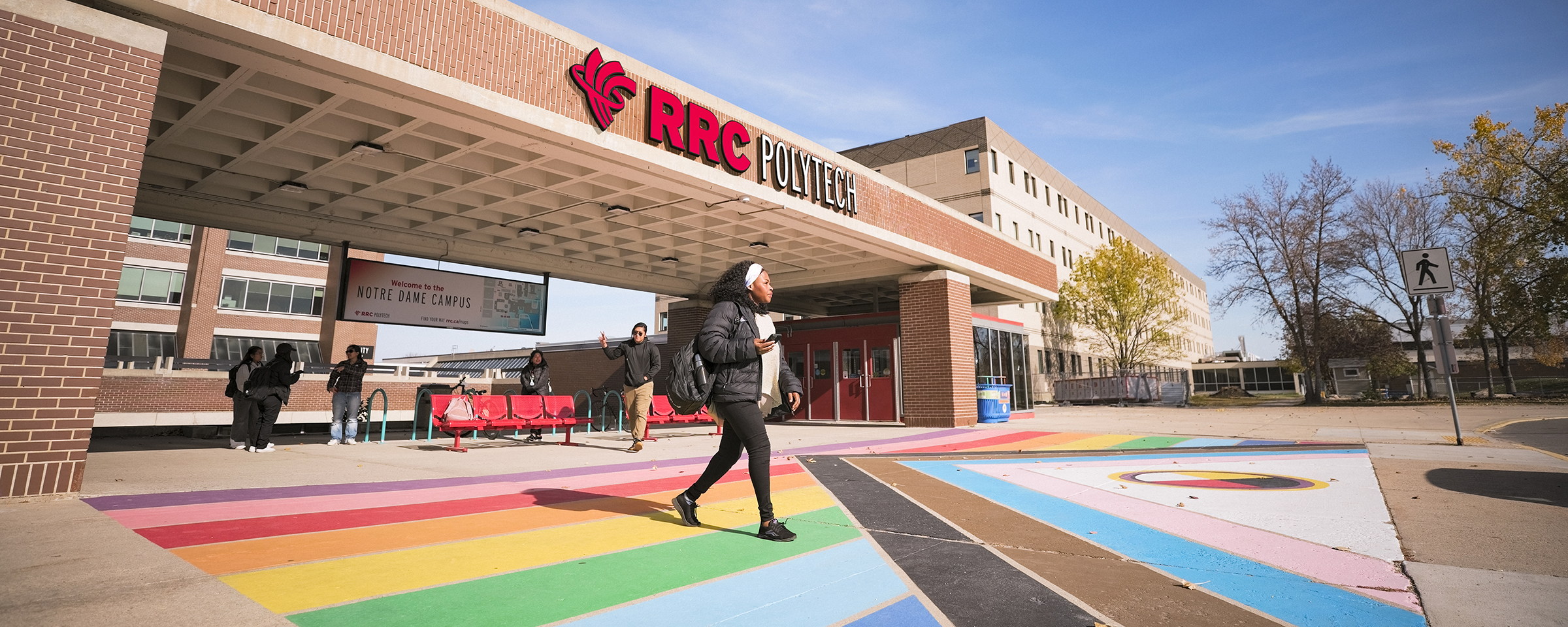Red River College unveils Manitoba’s first rapid charger for electric vehicles
 Red River College is giving Manitoba’s electric vehicle (EV) owners a boost, via the recently installed and operational Level 3 (30kW DC) quick charging station, the first of its kind in the province and one of only two dozen or so across Canada.
Red River College is giving Manitoba’s electric vehicle (EV) owners a boost, via the recently installed and operational Level 3 (30kW DC) quick charging station, the first of its kind in the province and one of only two dozen or so across Canada.
Drivers of Level 3-compliant EVs – including Nissan Leafs, Mitsubishi i-MiEVs, and Teslas – can now drop by the College’s Notre Dame Campus to charge up, while contributing to research on the charger’s performance in Manitoba’s climate.
“With the installation of this new charger, we continue to play a leading role in Manitoba’s green transportation future,” says David Rew, interim RRC president. “This rapid charging station is another key element in our Mobility from Green Energy Initiative and a logical next step in our vehicle technology research program.”
Level 3 stations can charge an EV to at least an 80 per cent charge in 15-30 minutes; this is compared to a 220/240V Level 2 charger, which can take four to six hours to get to full charge, or an 110/120V Level 1 charger (like those found around your house), which can take about 24 hours.
“There are currently no other rapid charging stations of this level in a climate as diverse as Winnipeg’s,” says Ray Hoemsen, director of Applied Research and Commercialization at Red River College. “The effect on both the lithium ion battery and vehicle performance when utilizing rapid charging in extreme winter weather is still unknown.”
The new charging station will be handy for compliant EV owners – especially those traveling from out of town – who need a quick boost to make it to their next destination. Read More →








